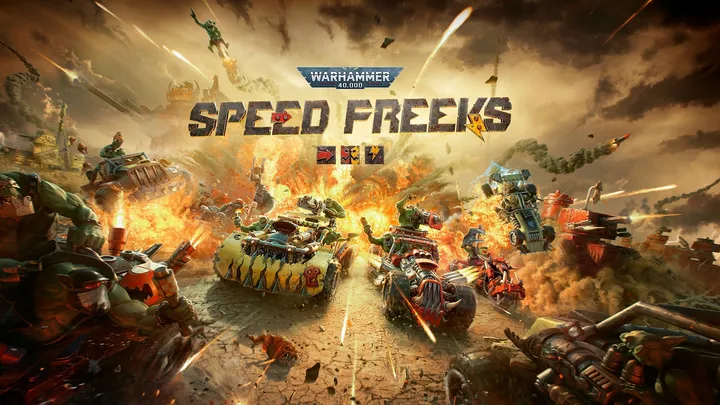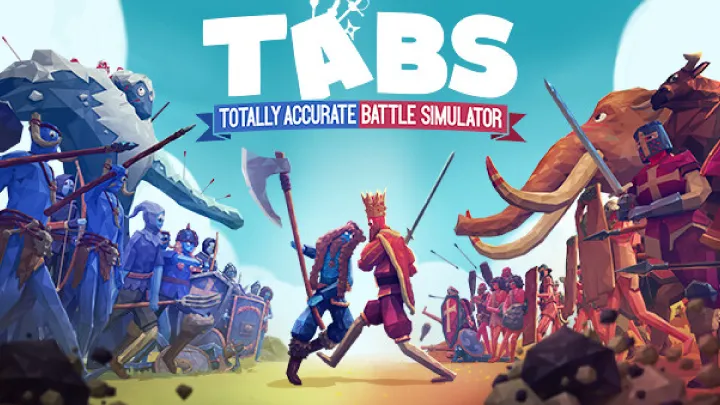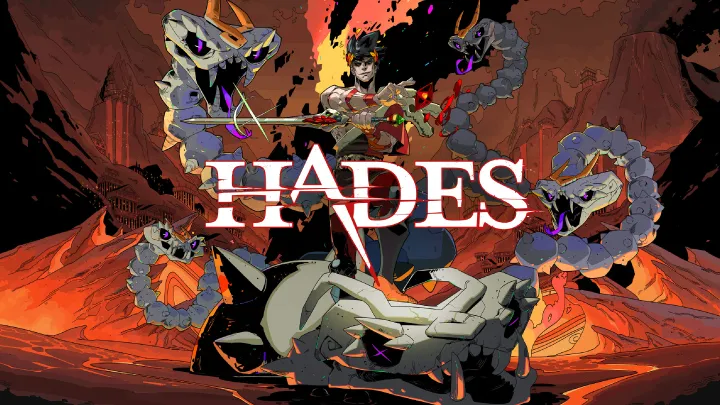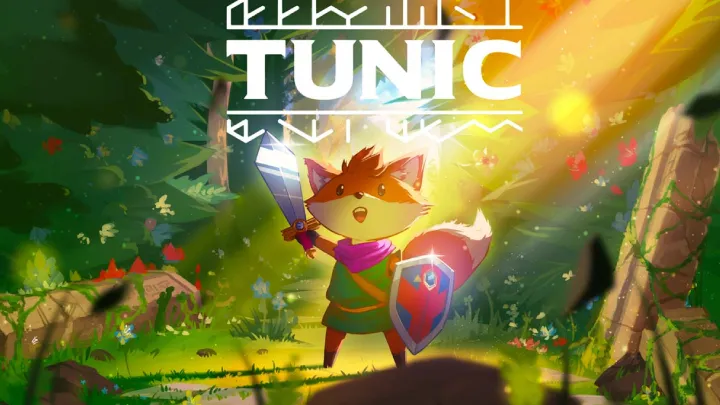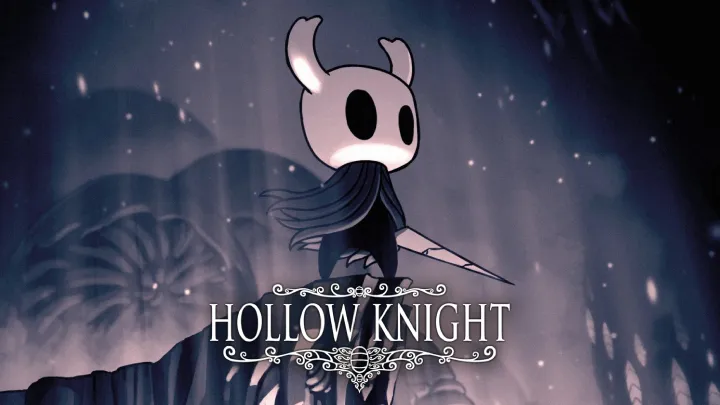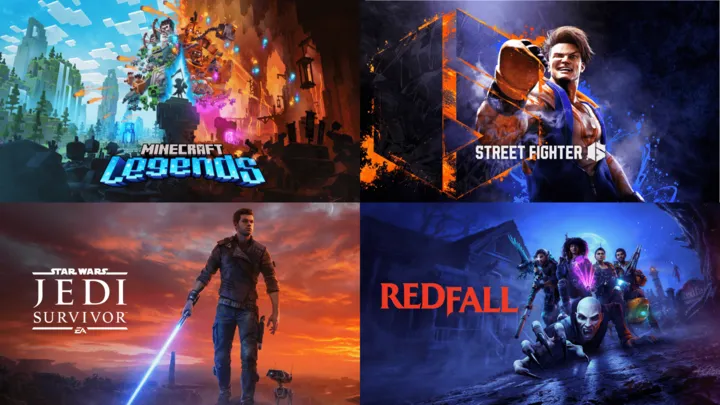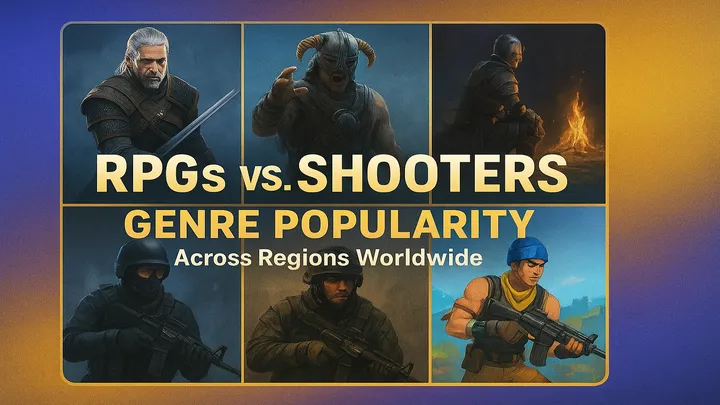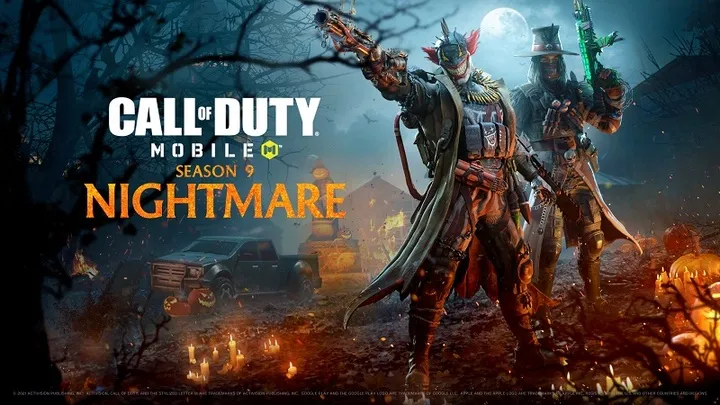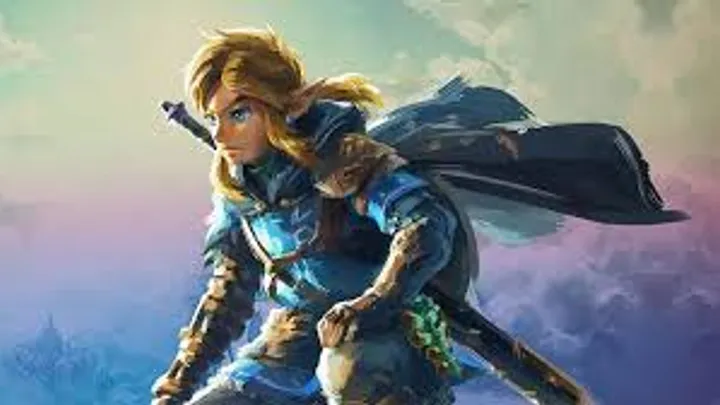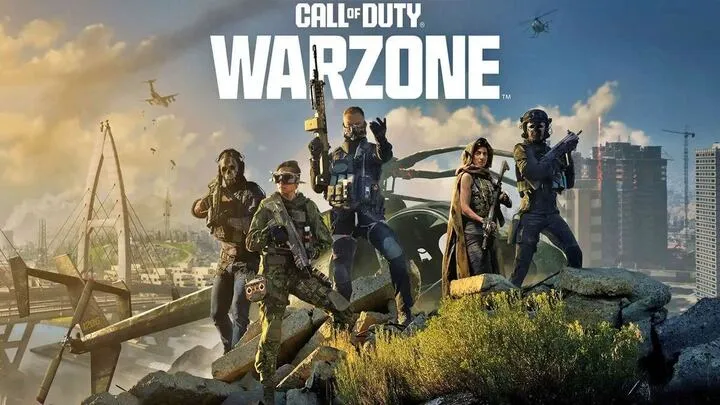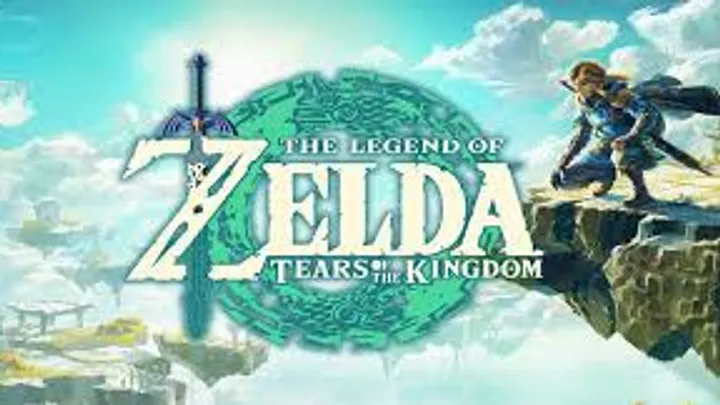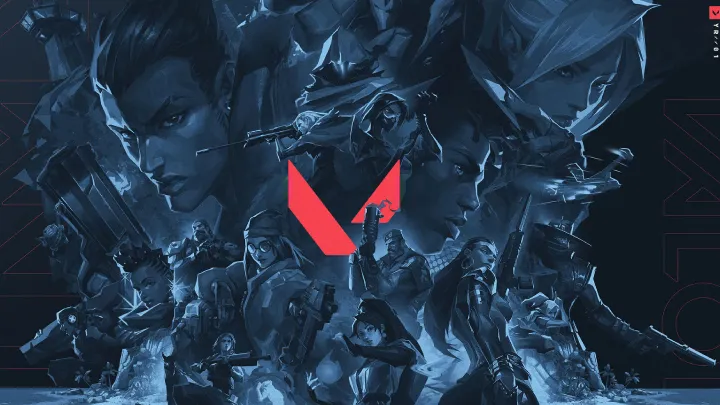Introduction
Strategy games have always held a unique place in the history of video gaming. Unlike fast-paced shooters or visually stunning adventure titles, strategy games ask something deeper from players: patience, planning, foresight, and the ability to adapt. Whether it is commanding vast armies across sprawling maps, building civilizations from scratch, or outmaneuvering an opponent in real time, strategy games test both intellect and creativity.
Over the decades, several legendary titles have emerged—games that not only entertained but also influenced entire generations of players. They shaped how people understood virtual worlds, inspired competitive gaming, and even taught valuable lessons in leadership, economics, and tactical thinking.
In this article, we’ll explore ten of the most legendary strategy games that defined eras of gaming and left an indelible mark on culture, technology, and player communities around the world.
1. Age of Empires (Series)
Few franchises have influenced strategy gaming as profoundly as Age of Empires. Released in 1997 by Ensemble Studios, the original Age of Empires gave players the chance to guide a civilization from the Stone Age through the Iron Age, expanding territory, managing resources, and waging wars. A Revolution in Historical RTS What set Age of Empires apart was its historical grounding. While earlier strategy games often focused on fantasy or sci-fi settings, Age of Empires allowed players to interact with real-world civilizations such as the Egyptians, Greeks, and Babylonians. This blend of history and strategy brought both educational value and immense entertainment.
Expanding the Legacy
The sequels—particularly Age of Empires II: The Age of Kings (1999)—cemented the franchise as a cultural phenomenon. AoE II became a staple of LAN parties and online multiplayer, with its balanced civilizations, medieval warfare, and iconic “Wololo” priest conversions. Even decades later, Age of Empires II continues to thrive with remasters, expansions, and a fiercely loyal competitive scene.
Why It Shaped Generations
Brought history to life in gaming. Became one of the first RTS titles with a massive international competitive community. Encouraged teamwork and tactical thinking in multiplayer.
2. StarCraft (Series)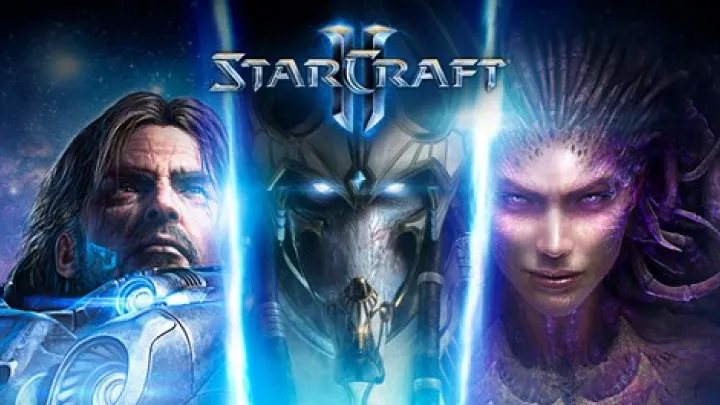
If Age of Empires dominated the casual and historical side of RTS, StarCraft defined the competitive and sci-fi angle. Released in 1998 by Blizzard Entertainment, StarCraft quickly became a global sensation, particularly in South Korea, where it laid the foundation for modern esports. Three Races, Infinite Strategies
The genius of StarCraft lay in its asymmetrical design. The three factions—the human Terrans, the insectoid Zerg, and the high-tech Protoss—were completely different in playstyle yet remarkably balanced. This made every match unpredictable and required deep strategic mastery. The Rise of Esports No other strategy game has shaped competitive gaming as much as StarCraft. In South Korea, professional players became celebrities, filling stadiums and appearing on television. For nearly two decades, StarCraft: Brood War and later StarCraft II dominated the esports scene, influencing the development of tournaments, live streaming, and competitive balance patches.
Why It Shaped Generations
Pioneered esports as a global industry.
Balanced asymmetric factions became a gold standard in game design.
Fostered international gaming communities and rivalries.
3. Civilization (Series)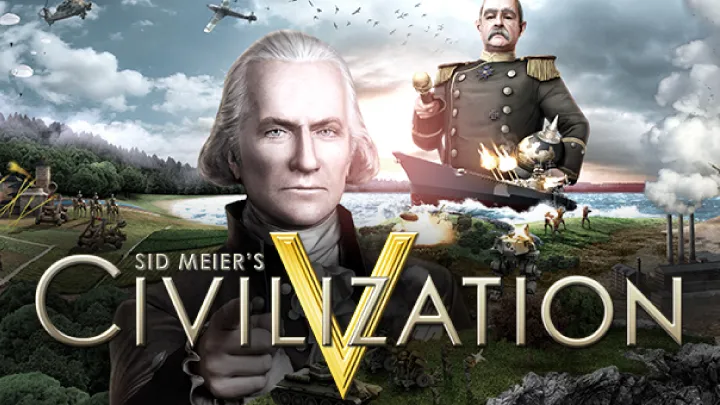
While Age of Empires focused on real-time conquest, Civilization introduced players to the joys of turn-based empire-building. Created by Sid Meier and launched in 1991, the Civilization series invites players to guide a nation from ancient times to the modern era, balancing diplomacy, culture, science, and military power. One More Turn Syndrome
The turn-based format allowed for deliberate planning and long-term strategies. Players could choose to dominate through warfare, advance technologically, or achieve cultural influence. The addictive “just one more turn” feeling became legendary, with players losing entire nights to guiding their civilizations. Influence Beyond Gaming
The Civilization series has been praised not only as entertainment but also as a teaching tool. It has been used in classrooms to illustrate history, geography, and the consequences of leadership choices. Few games can claim such crossover between education and play.
Why It Shaped Generations
Introduced millions to turn-based grand strategy.
Popularized deep, long-term planning in games.
Inspired future generations of grand strategy developers like Paradox Interactive.
4. Warcraft III: Reign of Chaos
Before World of Warcraft took the world by storm, Blizzard crafted another masterpiece: Warcraft III (2002). This real-time strategy game introduced players to Azeroth in a new light, combining base-building and combat with hero characters and narrative-driven campaigns. Heroes and Storytelling
What set Warcraft III apart was the introduction of powerful hero units that gained experience and items, blending RPG mechanics with traditional RTS gameplay. The story-driven campaign also set new standards, with cinematic cutscenes and memorable characters like Arthas, Thrall, and Illidan. Birth of a New Genre
Perhaps the most important legacy of Warcraft III lies in its modding community. The game’s World Editor allowed fans to create custom maps and game modes. From this, entirely new genres were born—most famously Defense of the Ancients (DotA), which eventually evolved into the modern MOBA genre (League of Legends, Dota 2).
Why It Shaped Generations
Pioneered the blend of RTS and RPG mechanics.
Laid the foundation for MOBAs, one of the biggest gaming genres today.
Told one of the most iconic stories in gaming history.
5. Total War (Series)
Launched in 2000 with Shogun: Total War, the Total War franchise carved its place in history by combining large-scale turn-based strategy with epic real-time battles. Developed by Creative Assembly, the series brought a cinematic scale to warfare never seen before. Two Games in One
The brilliance of Total War was its dual gameplay. On the campaign map, players managed empires, handled diplomacy, and built economies. On the battlefield, they commanded thousands of soldiers in real time, replicating the feeling of ancient and medieval warfare.
Historical Immersion From Rome: Total War to Medieval II and Shogun 2, the franchise became beloved for its attention to historical authenticity, innovative AI, and breathtaking battle sequences. It also fostered a large modding community, keeping the games alive for decades.
Conclusion
From the historical conquests of Age of Empires to the sci-fi rivalries of StarCraft, from the sweeping campaigns of Total War to the tense squad battles of XCOM, these legendary strategy games did more than entertain—they shaped generations of gamers.
They taught us patience, foresight, and problem-solving. They connected communities through LAN parties, online competition, and modding scenes. They even influenced new genres, from MOBAs to esports, and continue to inspire modern developers. Strategy games may not always dominate the headlines compared to flashy action titles, but their impact is undeniable. They remain timeless testaments to creativity, intellect, and the human love for planning and conquest.
As gaming technology continues to evolve, these classics will always be remembered as the foundation upon which future masterpieces are built.
